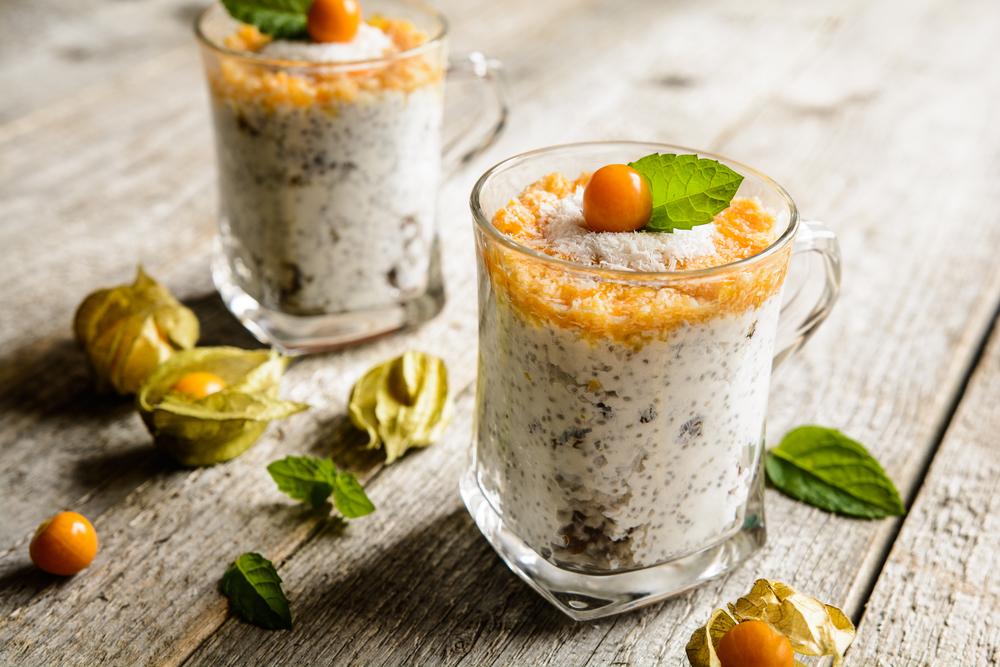Effective Dietary Strategies for Managing Irritable Bowel Syndrome
This article provides comprehensive dietary guidelines for managing Irritable Bowel Syndrome, focusing on identifying and avoiding triggers like certain foods and emphasizing fiber-rich diets. It discusses strategies for both constipation and diarrhea symptoms, highlighting the importance of personalized treatment plans, stress management, and healthy lifestyle habits to improve quality of life for IBS sufferers.
Sponsored

Irritable bowel syndrome (IBS) significantly influences dietary choices, with symptoms varying among individuals. Tracking potential food triggers helps prevent flare-ups and promotes a healthier lifestyle. Certain foods can worsen symptoms like diarrhea, bloating, and constipation. The following IBS dietary guidelines focus on avoiding triggers and adopting a balanced plan.
Constipation in IBS can be exacerbated by specific foods. Eliminating these from your diet can offer relief and improve digestive health. Key foods to avoid include:
Coffee
Carbonated beverages
Alcohol
Dairy products, especially cheese
Refined grain breads and cereals
Processed snacks
High-protein diets
Incorporate more fiber-rich foods like whole grains, beans, fruits, and vegetables—aiming for 25-38 grams daily. Dried fruits such as prunes and plum juice, containing sorbitol, can aid digestion in moderation. Stay well-hydrated to support digestive health.
Managing Diarrheal IBS involves dietary adjustments to reduce stool frequency and urgency. Limit intake of insoluble fiber from vegetable skins and avoid high-fat, fried, or sugary foods, including chocolate drinks, caffeine, and sorbitol. For those sensitive to dairy or gluten, avoid products containing these ingredients. Recommended strategies include:
Consuming smaller, frequent meals with balanced carbs
Incorporating soluble fiber sources like oats, barley, brown rice, and fruits
Avoiding cold foods and drinking water separately from meals
Reducing intake of onions, broccoli, and cabbage
Stress management, mindful eating, regular exercise, and avoiding gum chewing can also reduce IBS symptoms. Consulting a healthcare professional for personalized treatment plans is essential.
While the exact cause of IBS remains unclear, lifestyle modifications and diet play crucial roles. Women are more prone to IBS, possibly due to hormonal factors or genetics. Managing stress and maintaining a nutritious, fulfilling life can help mitigate symptoms and improve overall well-being.






